Life, Earth And Space
-

The physicist who wants to build a telescope bigger than Earth
Vanderbilt professor Alex Lupsasca plans to extend Earth's largest telescope network beyond the atmosphere with a space-based dish. It could spot part of a black hole we've never seen before – and perhaps discover new physics. Read MoreJul 17, 2024
-
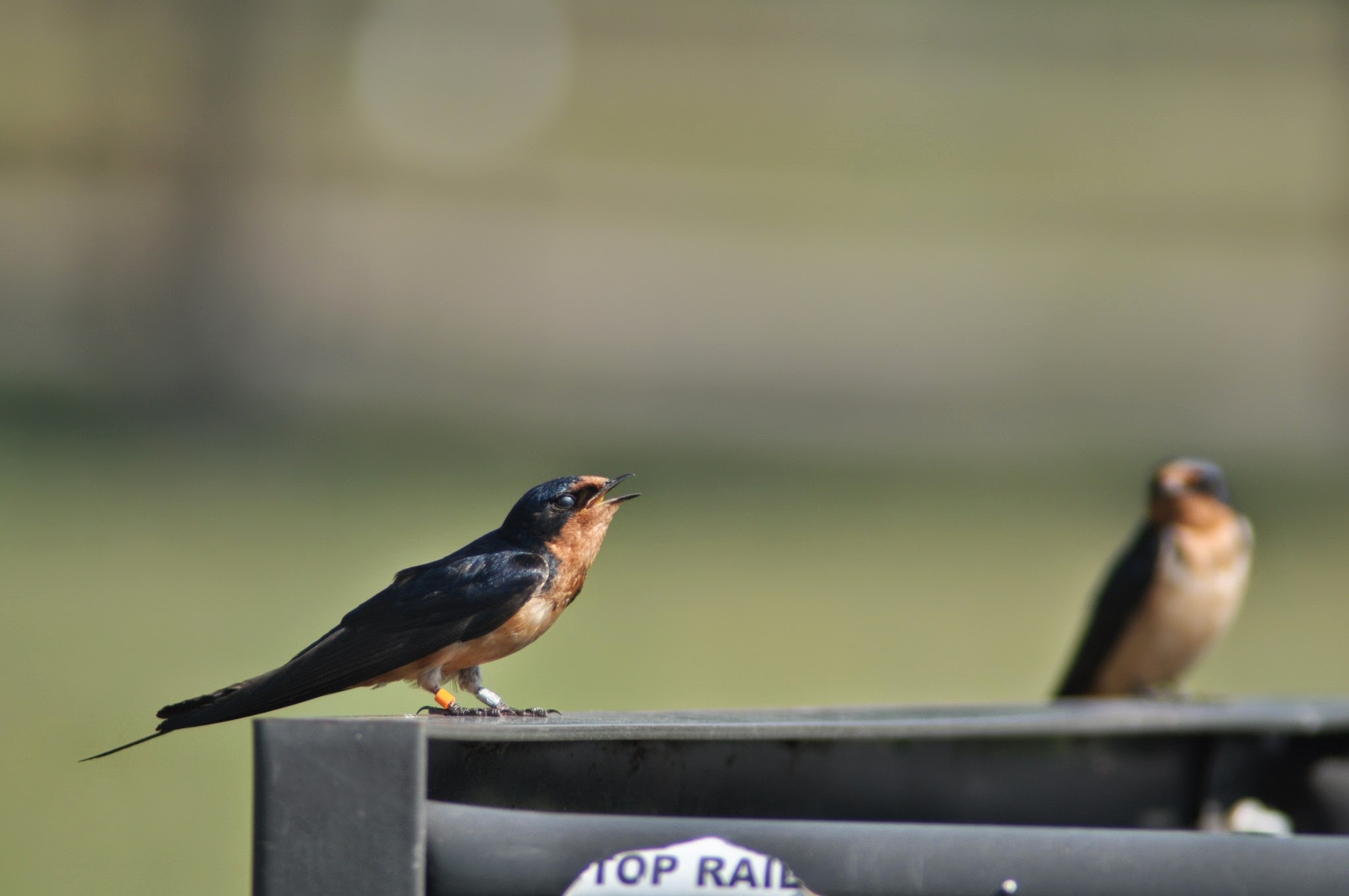
Heard that Bird: Creanza Lab develops free curriculum to teach birdsong identification
The Creanza Lab, along with alumnus Matt Wilkins, BA’06, created a birdsong identification lesson plan for middle and high school students. The game show lets participants identify which birds they can hear in various pop culture media, such as movies, music, or video games. Read MoreJul 2, 2024
-
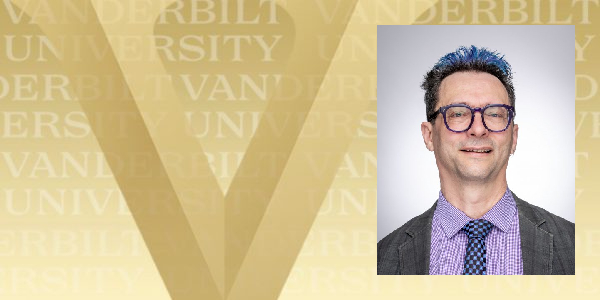
Gilligan awarded spot in American Geophysical Union’s Voices for Science program
Jonathan Gilligan was awarded admittance to the American Geophysical Union’s 2024-2025 Voices for Science program to hone their communication and advocacy skills to increase understanding and support of science. The program trains scientists to communicate the value of Earth and space science to key decision makers, journalists, and the public, with the hope of solving some of the most critical climate-related challenges facing society. Read MoreJun 21, 2024
-

Vanderbilt scientists develop an algae time machine, advancing biomedicine
A Vanderbilt scientific team has succeeded in adjusting the daily biological clock of cyanobacteria, making the blue-green algae a more prolific producer of renewable fuels, chemicals, and pharmaceuticals, like insulin. Read MoreMay 14, 2024
-
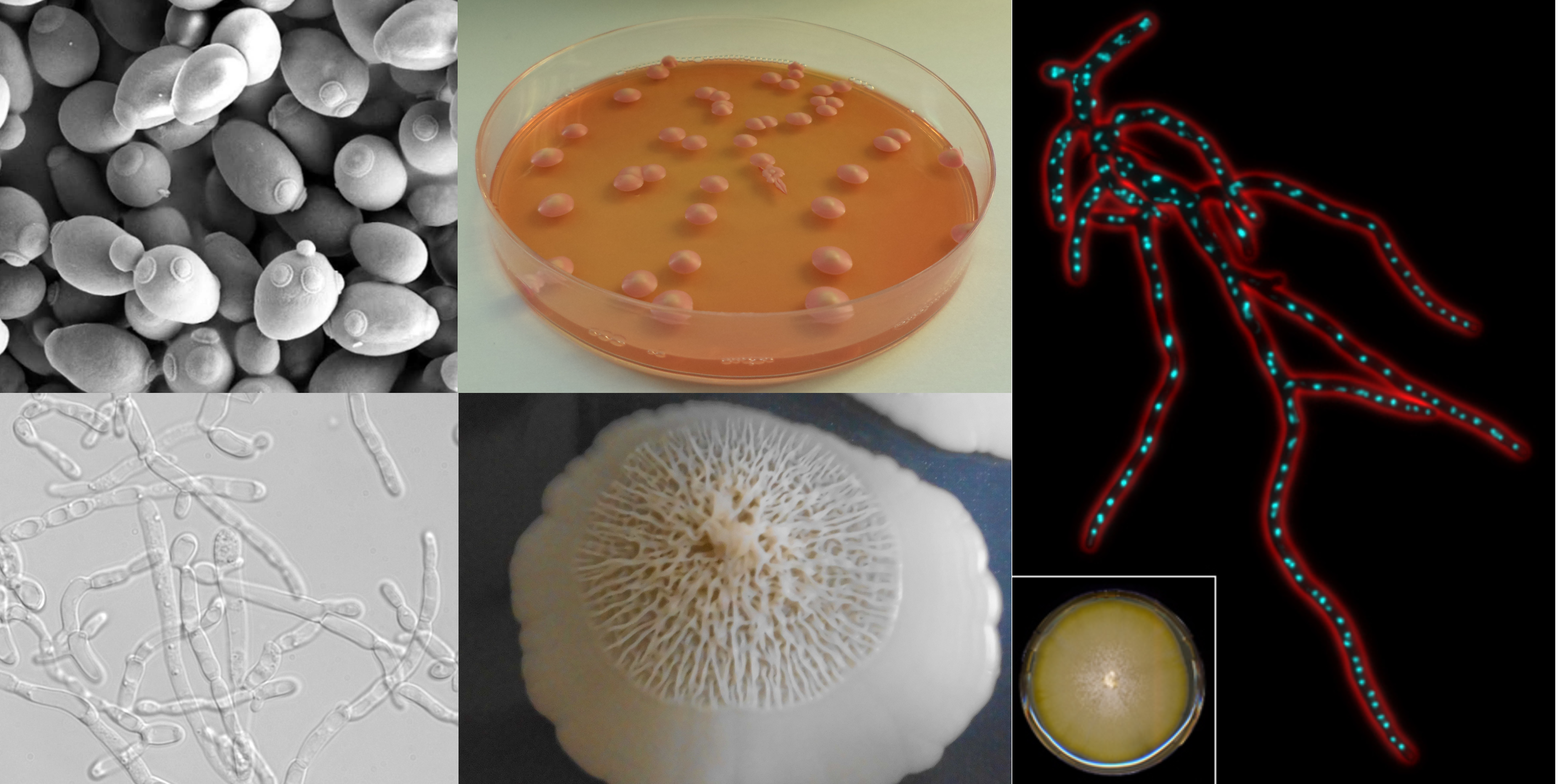
Vanderbilt researchers flip the script on yeast ecological diversity
A mere decade ago, decoding the genome of every organism in a major branch of the tree of life and deciphering their diets was a pipe dream. In a groundbreaking study, a team of researchers from Vanderbilt University, the University of Wisconsin-Madison and other institutions worldwide have done just that for the first time ever. Led by Abigail LaBella, a postdoctoral researcher in the Rokas Lab, an international research team used the genomes and diets of nearly all known species from an ancient lineage of yeasts to understand the evolution of generalists and specialists. Read MoreMay 8, 2024
-
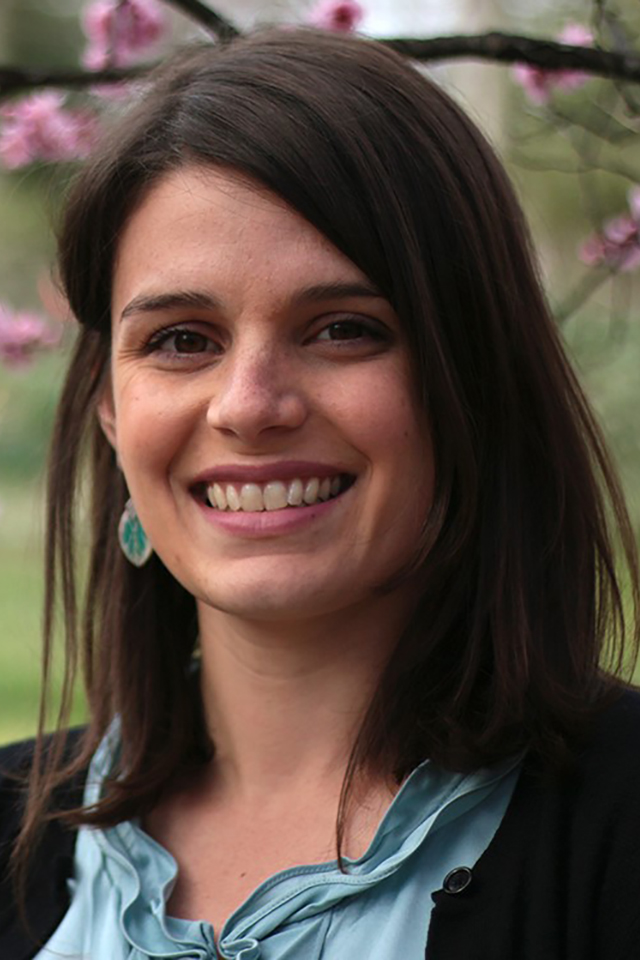
Tapping Into The Past
With a prestigious new grant, archaeologist Ari Caramanica will explore what ancient people can teach us about dealing with the most pressing environmental issue of our time. Read MoreApr 25, 2024
-
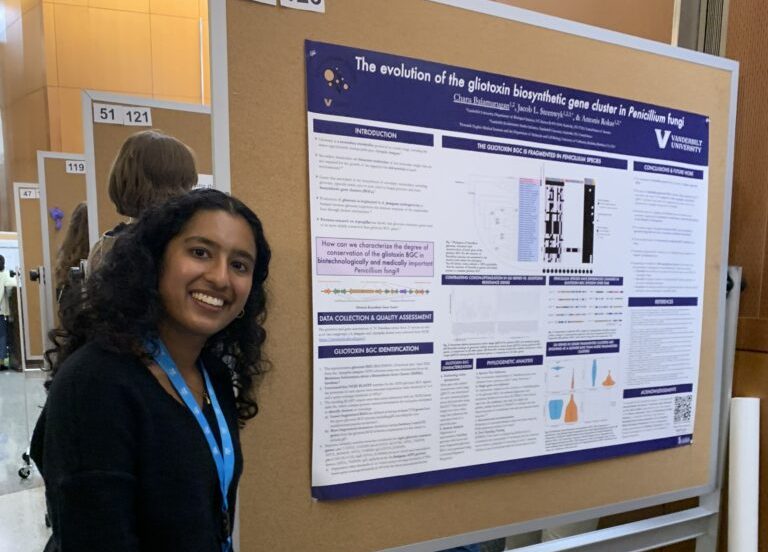
Beckman Scholar Charu Balamurugan unveils evolutionary insights into Penicillium secondary metabolites
Beckman Scholar Charu Balamurugan, an undergraduate researcher in the Rokas lab at Vanderbilt University, has shed light on the intricate evolutionary patterns governing secondary metabolite biosynthesis in fungi. Balamurugan delved deep into the genomes of Penicillium species, uncovering fascinating insights into the conservation and evolution of biosynthetic gene clusters and associated resistance genes. Read MoreApr 4, 2024
-
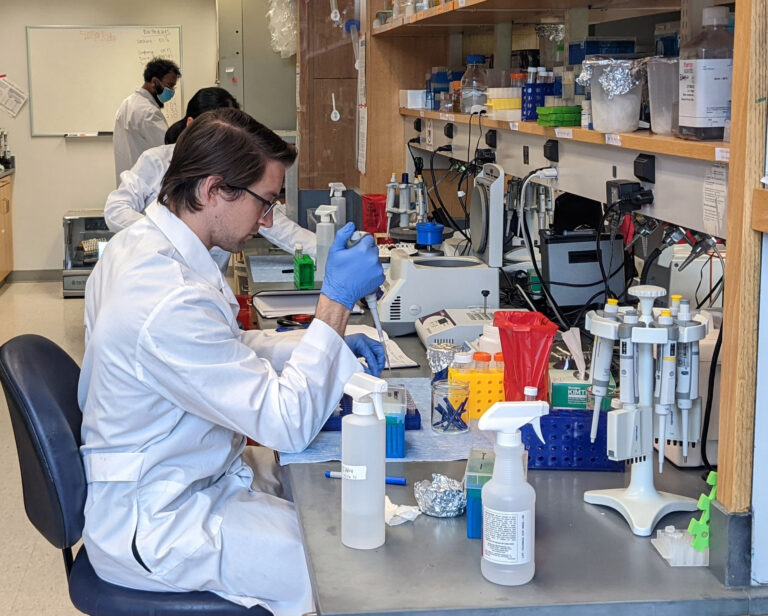
Insect immune insights: Researchers unveil immune system dynamics
Justin Critchlow, a recent Ph.D. student in Ann Tate’s lab, just published a paper with the labmates Arun Prakash, Katherine Zhong, and Tate, uncovering the intricacies of beetle immune dynamics. This paper sheds light on the dynamics of survival, resilience, and the profound complexities inherent in evolutionary adaptations. Read MoreApr 4, 2024
-

Vanderbilt creates Center for Sustainability, Energy and Climate
Vanderbilt University will harness its global expertise in scientific discovery, technological innovation, public policy, law and education to launch the Vanderbilt Center for Sustainability, Energy and Climate (VSEC). The multimillion-dollar investment follows a recommendation by an interdisciplinary working group to address the crucial societal challenge of ensuring a sustainable world. Read MoreApr 1, 2024
-
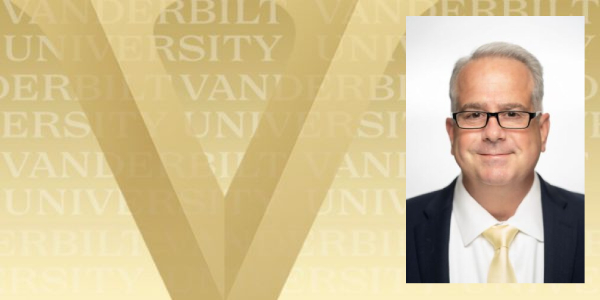
McLean awarded Herty Medal for chemistry achievements, distinguished service
John A. McLean, Stevenson Professor of Chemistry and dean of graduate education and research in the College of Arts and Science, has been named the winner of this year’s Charles H. Herty Medal by the Georgia Section of the American Chemical Society. The award recognizes outstanding work and service by a chemist in the Southeast. Read MoreMar 26, 2024
-

Breaking the Mold: Kyle David’s research challenges ecological norms in yeast communities
Kyle David, an NSF postdoctoral fellow in the Rokas lab, and co-authors published a new paper, “Saccharomycotina yeasts defy longstanding macroecological patterns” in the high-impact journal PNAS. This paper, which looks at the ecology of 186 species of yeast, provides evidence that not all life-forms follow the rules. Read MoreMar 7, 2024
-
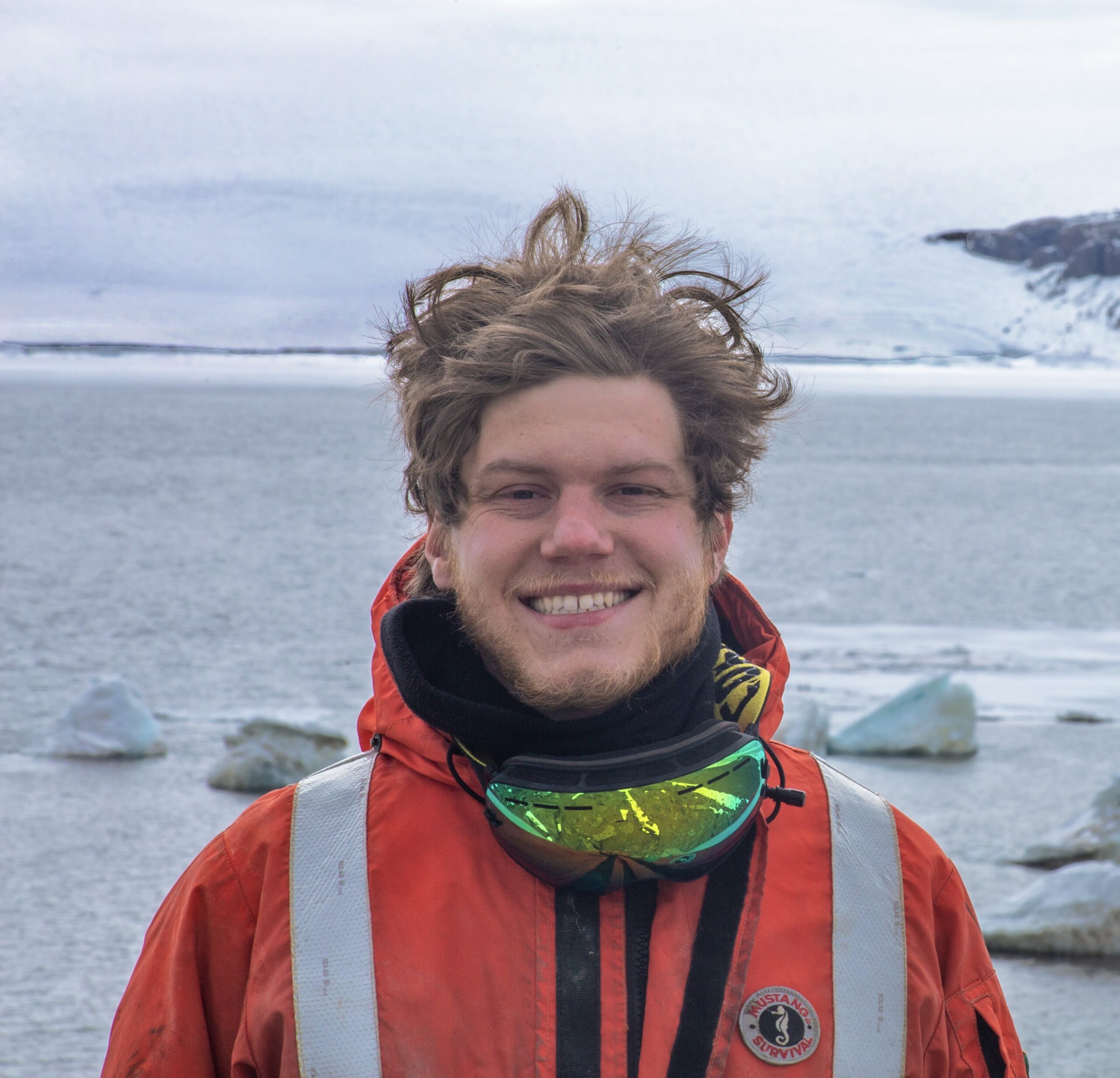
Breaking the mold: postdoctoral fellow’s research challenges ecological norms in yeast communities
Kyle David, an NSF postdoctoral fellow in the Rokas lab, and co-authors published a new paper, 'Saccharomycotina yeasts defy longstanding macroecological patterns' in the high-impact journal PNAS. This paper, which looks at the ecology of 186 species of yeast, provides evidence that not all life-forms follow the rules. Read MoreMar 5, 2024
-
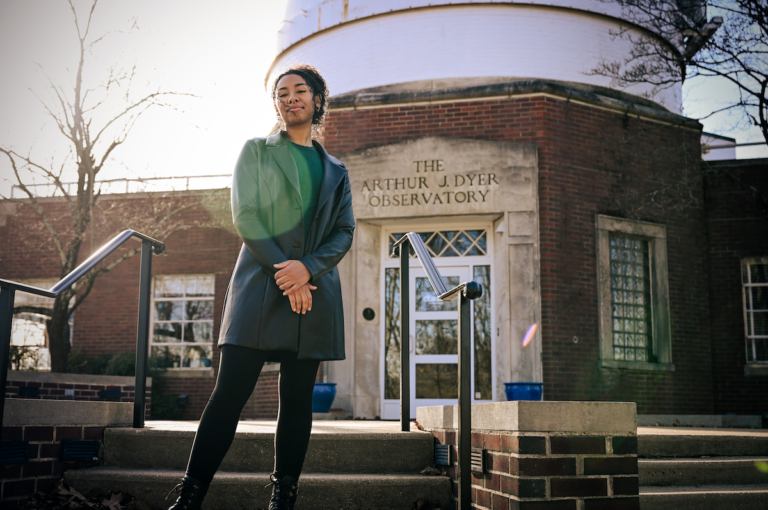
Bridging the gap: Combining music and astrophysics to improve representation in science
Vanderbilt graduate student Shaniya Jarrett created a community outreach project that introduces Black girls to astronomy by incorporating music. AstroBeats: Sounds of the Cosmos brings together local middle-school Black girls to translate NASA data into unique musical compositions, teaching the importance of thinking creatively about how to interpret scientific data. Read MoreFeb 29, 2024
-

Voluntary household actions contribute 40% of cumulative emissions reductions under the IIJA and IRA
Working across multiple disciplines, Vanderbilt researchers found that a relatively small proportion of funds from two recent significant pieces of environmental law – the Infrastructure Investment and Jobs Act (IIJA) of 2021 and Inflation Reduction Act (IRA) of 2022 – could lead to an outsized reduction in emissions. Read MoreFeb 29, 2024
-

Alexandra Doten, BA’18, turns love of astronomy into TikTok triumph
See how Alexandra Doten, BA'18 is turning her love for all things space into a social media adventure. Read MoreJan 31, 2024
-
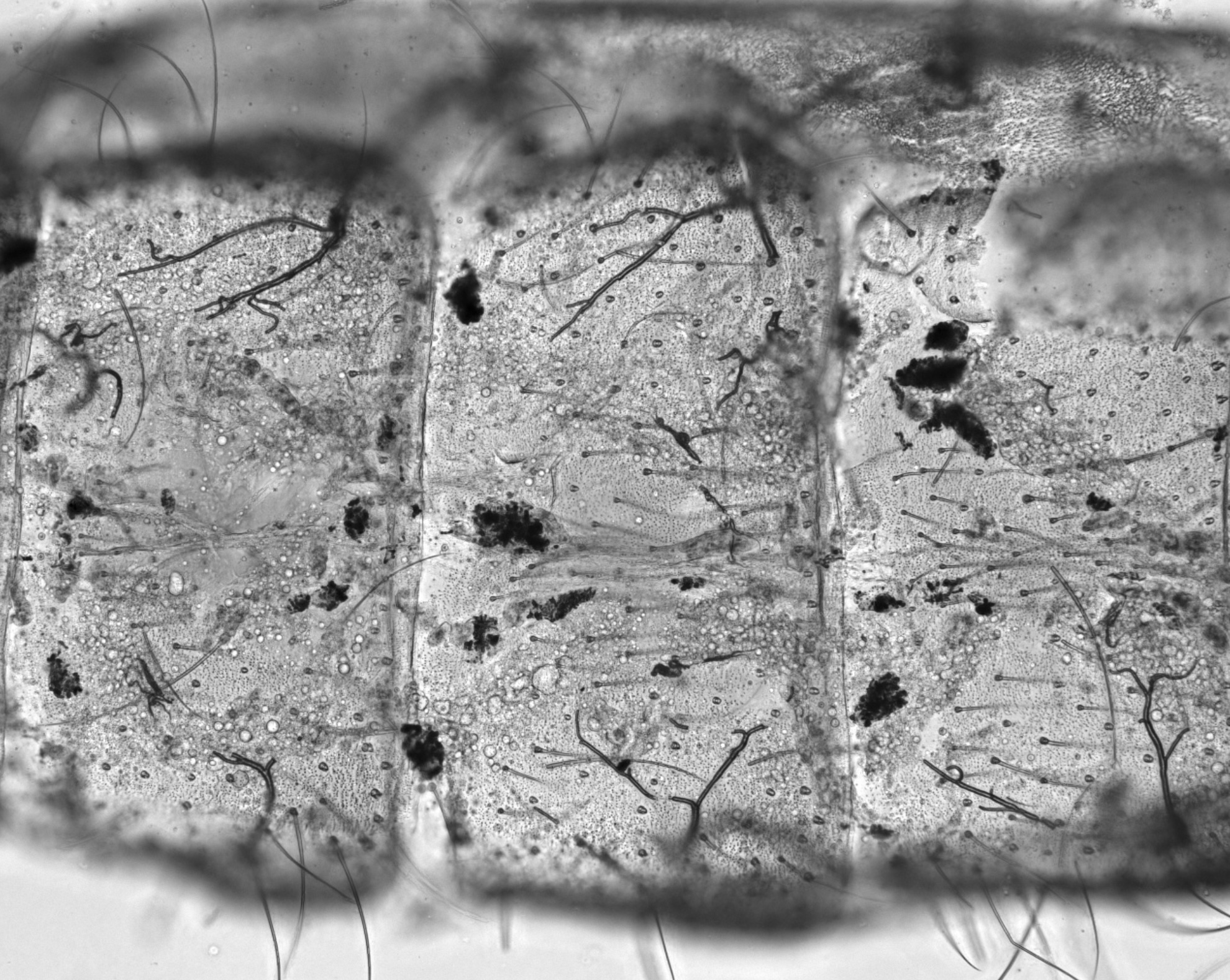
Vanderbilt University biologists discover that rising temperature accelerates aging in mosquitoes, weakening their immune system
A study by Vanderbilt biology graduate student Lindsay Martin and Centennial Professor of Biological Sciences Julián Hillyer found that mosquitoes age more quickly when temperatures are higher. This aging, in turn, weakens the mosquito immune system and makes them more likely to get infected with disease. Read MoreJan 26, 2024
-
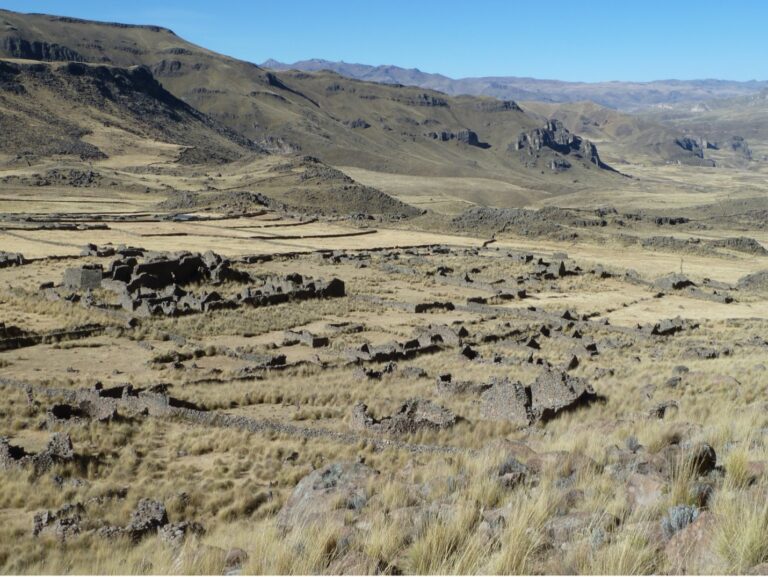
The big picture: Archaeology of the Andes revealed on a scale not previously seen
Steven Wernke, associate professor and chair of anthropology, has developed GeoPACHA (Geospatial Platform for Andean Culture, History and Archaeology), a web application that allows researchers to map archaeological sites in the Andes at a greater scale than ever before. GeoPACHA has enabled new discoveries about past human occupation in the region that will be featured in six articles in the February issue of the journal Antiquity. Read MoreJan 22, 2024
-
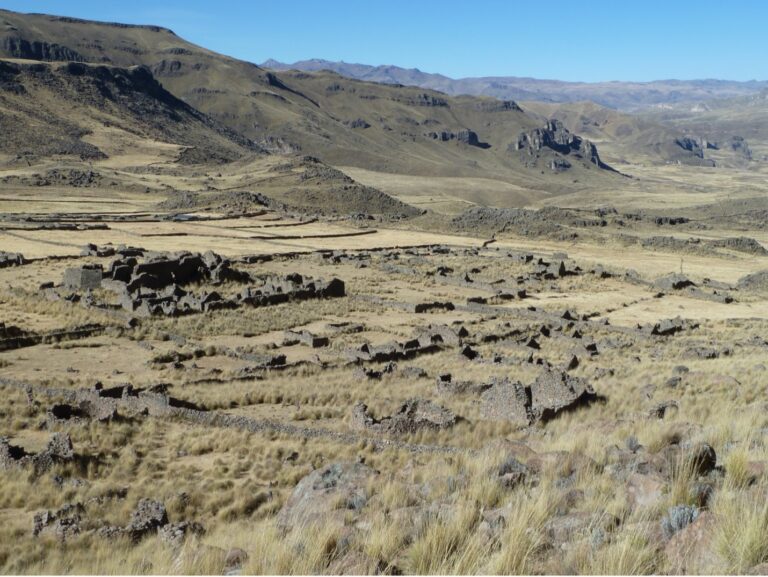
The big picture: Archaeology of the Andes revealed on a scale not previously seen
Steven Wernke, associate professor and chair of anthropology, has developed GeoPACHA (Geospatial Platform for Andean Culture, History and Archaeology), a web application that allows researchers to map archaeological sites in the Andes at a greater scale than ever before. Read MoreJan 19, 2024
-
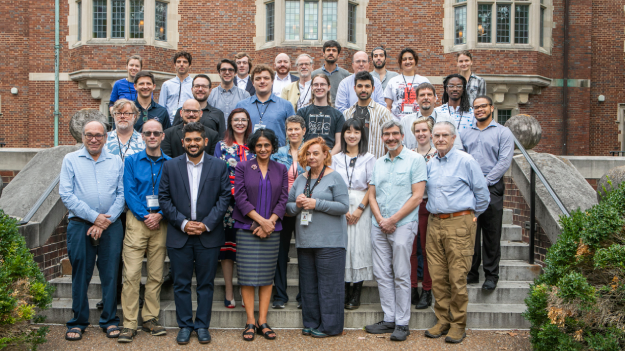
Vanderbilt hosts first international meeting to plan space-time observatory on the moon
Vanderbilt hosts first international lunar gravitational wave workshop, including a Nobel laureate, a NASA administrator, leading astrophysicists and more, to identify opportunities and resources to continue exploring our universe. Read MoreOct 23, 2023
-
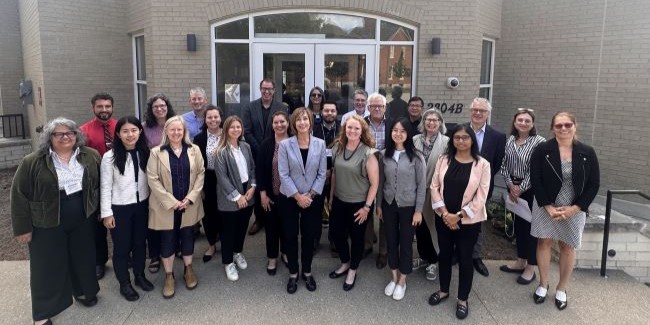
Vanderbilt welcomes ORNL researchers for collaborative climate and justice workshop
Vanderbilt University recently hosted the Vanderbilt University-Oak Ridge National Laboratory Workshop on Climate Change and Environmental Justice, aiming to deepen collaborative research on climate change and discuss potential projects. The event, which emphasized the importance of environmental justice and resilience strategies, marked the continuation of the institutions’ efforts to collaborate on addressing global challenges. Read MoreOct 20, 2023